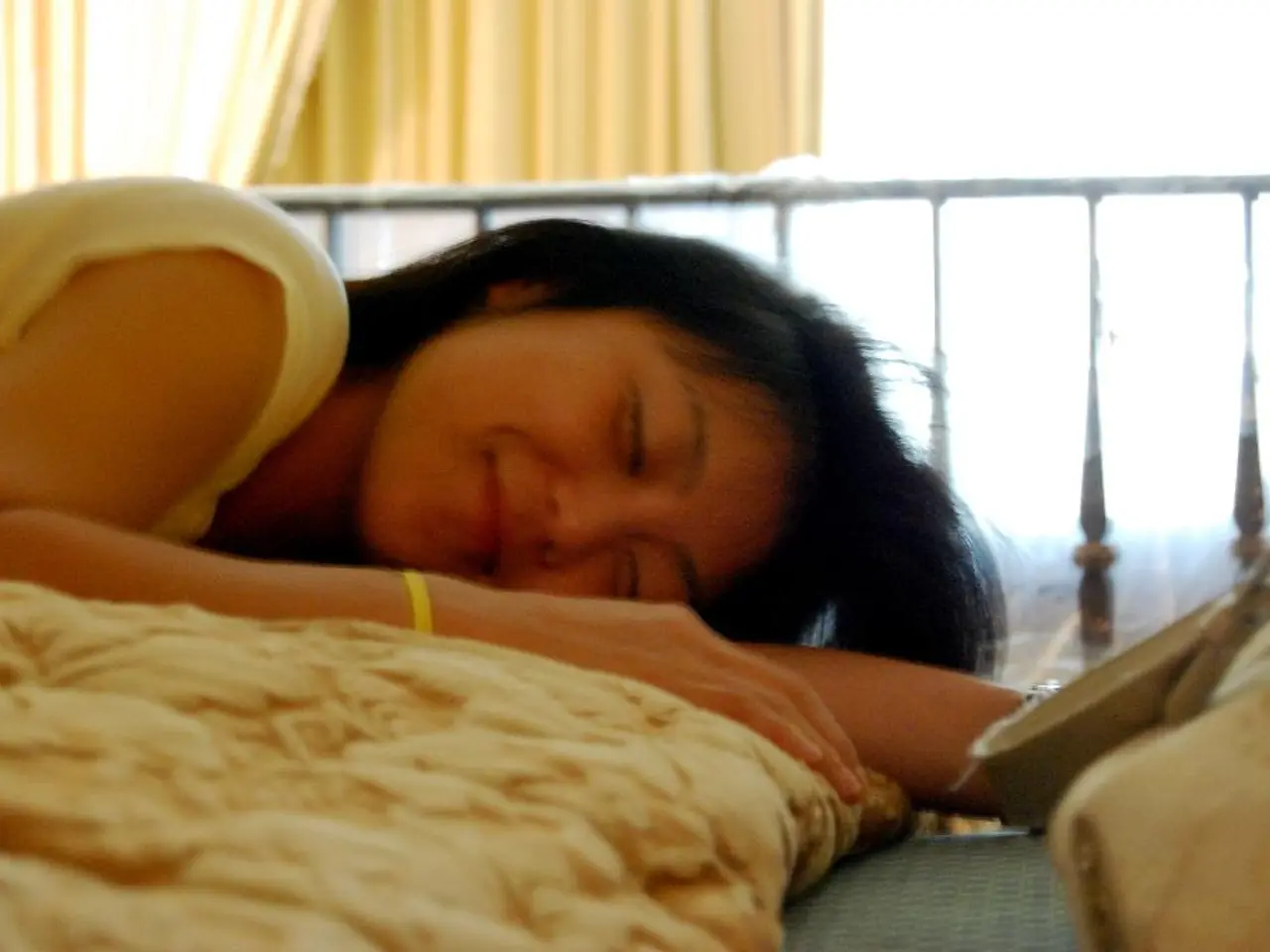Understanding Complications: Reasons and Solutions for Feeling Tense and Lacking Moisture
Vaginal dryness and feelings of tightness can be common and distressing issues for many women. These conditions can be caused by a variety of factors, including hormonal changes, physical or psychological factors, medical conditions, and lack of regular sexual activity.
Hormonal fluctuations, particularly during menopause, premenopause, or postpartum, can lead to decreases in estrogen levels and subsequent vaginal dryness. Physical or psychological factors such as irritation during sexual intercourse, certain medications, and psychological stress can also contribute to this problem. Medical conditions, such as pelvic surgery or radiation therapy, can cause vaginal changes leading to tightness.
Fortunately, there are several treatments available to help manage vaginal dryness and tightness. Vaginal moisturizers and lubricants, such as K-Y Liquibeads, Replens, and Astroglide, can help maintain moisture and reduce discomfort during intercourse. Topical estrogen therapies, in the form of creams, tablets, or rings, can help restore vaginal tissues when estrogen levels are low. Hormone Replacement Therapy (HRT) may be beneficial in some cases, although it's not suitable for everyone, especially those with a history of breast cancer.
Lifestyle changes, such as regular sexual activity or vaginal stimulation, can help maintain healthy vaginal tissues. Pelvic Floor Therapy, under the guidance of a women's health physiotherapist, may also be recommended. Dietary changes, including consuming foods high in isoflavones, may help improve estrogen levels.
Regular gynecological exams are essential for early detection and appropriate management of vaginal dryness. Intimate hygiene practices, using gentle cleansing gels specifically designed for intimate areas, can help maintain pH balance and reduce irritation. Some women find probiotics and vaginal eggs helpful in restoring vaginal flora and reducing dryness.
It's important to note that treatments should be discussed with a healthcare provider to ensure they are appropriate for individual circumstances. Vaginitis, a medical term for inflammation of the vagina, can occur as a result of changes to the balance of bacteria and yeasts in the vagina.
During childbirth, breastfeeding, and menopause, estrogen levels decline, causing the skin of the vagina to become thinner and less elastic, and the vagina to become drier and feel less lubricated. Douching is not recommended as it can disrupt the balance of bacteria in the vagina.
For people taking testosterone as they transition from female to male, it's possible that this can make the tissues of the vagina drier and tighter. Symptoms of vaginitis include vaginal dryness, vaginal itching, sore, swollen, or cracked skin around the vagina, vaginal discharge with unusual color, odor, or consistency, pain when urinating or having sex, light vaginal bleeding, and pain during sex.
Treatment and management for vaginal dryness and tightness will depend on the cause of a person's symptoms, and it's important to see a doctor or gynecologist for diagnosis. Relaxation therapy or talking therapies may be recommended for people with vaginismus, an involuntary tightening of the pelvic floor muscles in anticipation of vaginal penetration, to reduce the automatic tightening of the muscles and associated fear of pain. Sjogren's syndrome, an autoimmune condition, can also cause vaginal dryness.
In conclusion, understanding and addressing vaginal dryness and tightness is crucial for maintaining sexual health and overall well-being. By being aware of the causes, treatments, and management options, women can take proactive steps to manage these issues and maintain a healthy, comfortable vaginal environment.
- During menopause, premenopause, or postpartum, hormonal fluctuations can decrease estrogen levels, leading to vaginal dryness.
- Physical or psychological factors, such as irritation during sexual intercourse, can also contribute to vaginal dryness and tightness.
- Treatments for vaginal dryness and tightness include vaginal moisturizers and lubricants, topical estrogen therapies, and hormone replacement therapy.
- Lifestyle changes, like regular sexual activity, vaginal stimulation, and pelvic floor therapy, can help maintain healthy vaginal tissues.
- Women should discuss treatment options with a healthcare provider to ensure they are appropriate for their individual circumstances.




